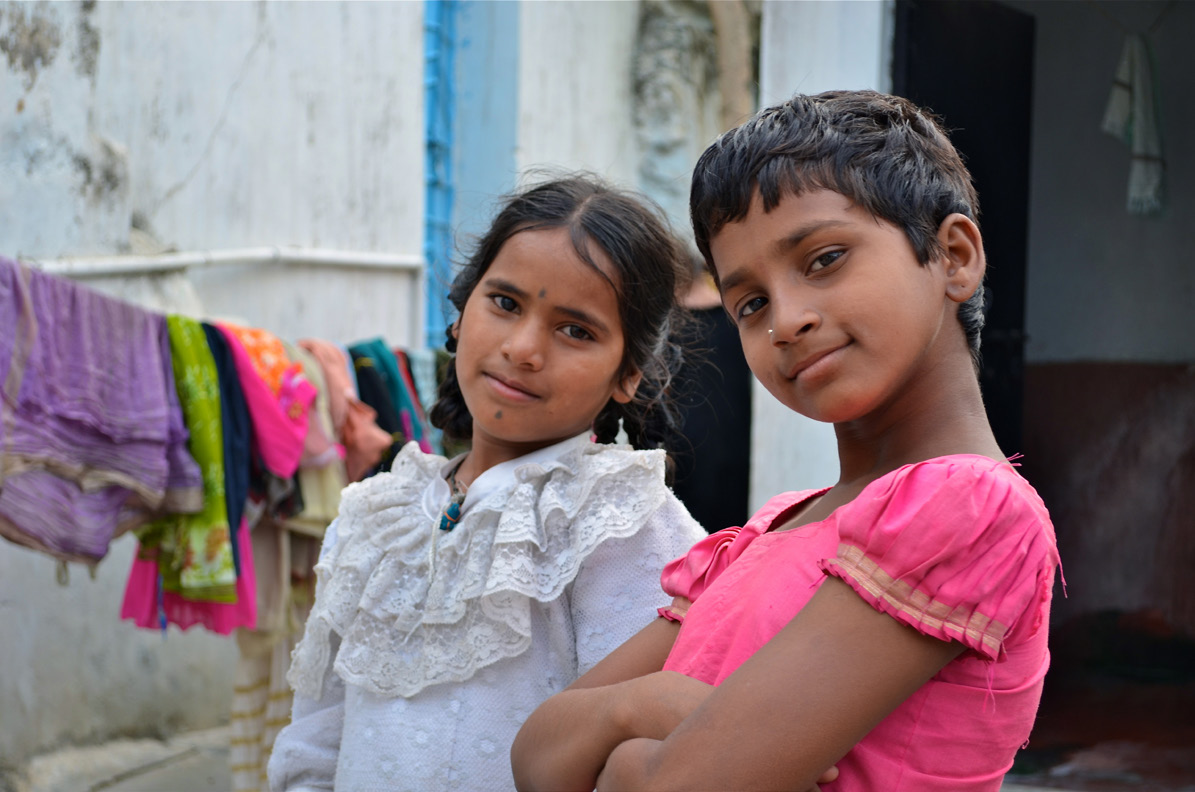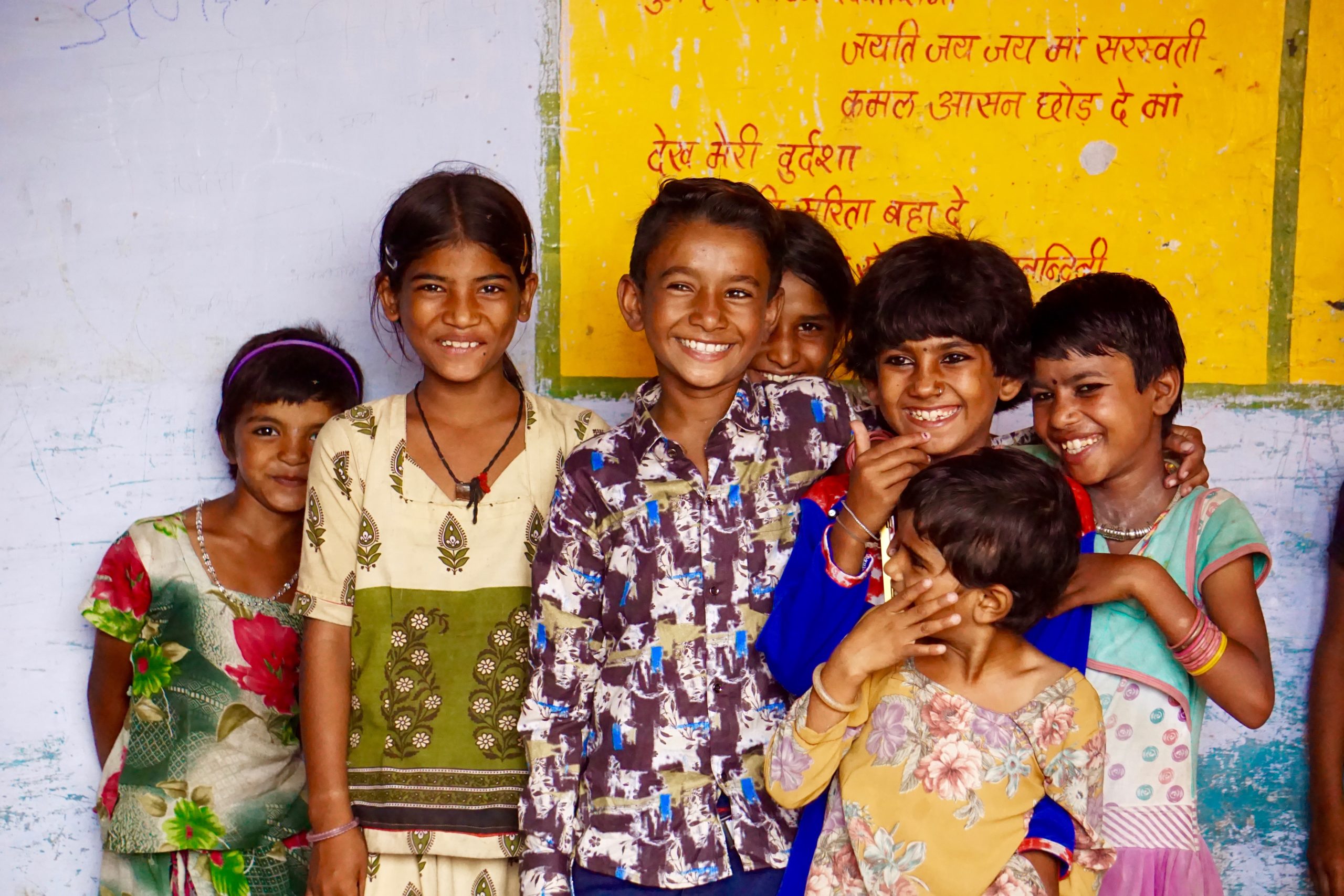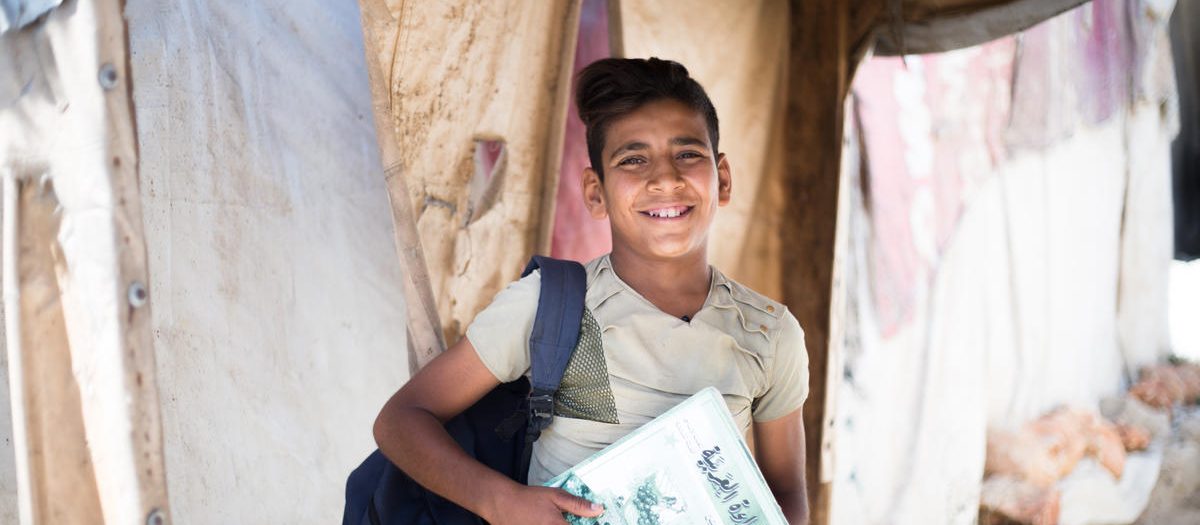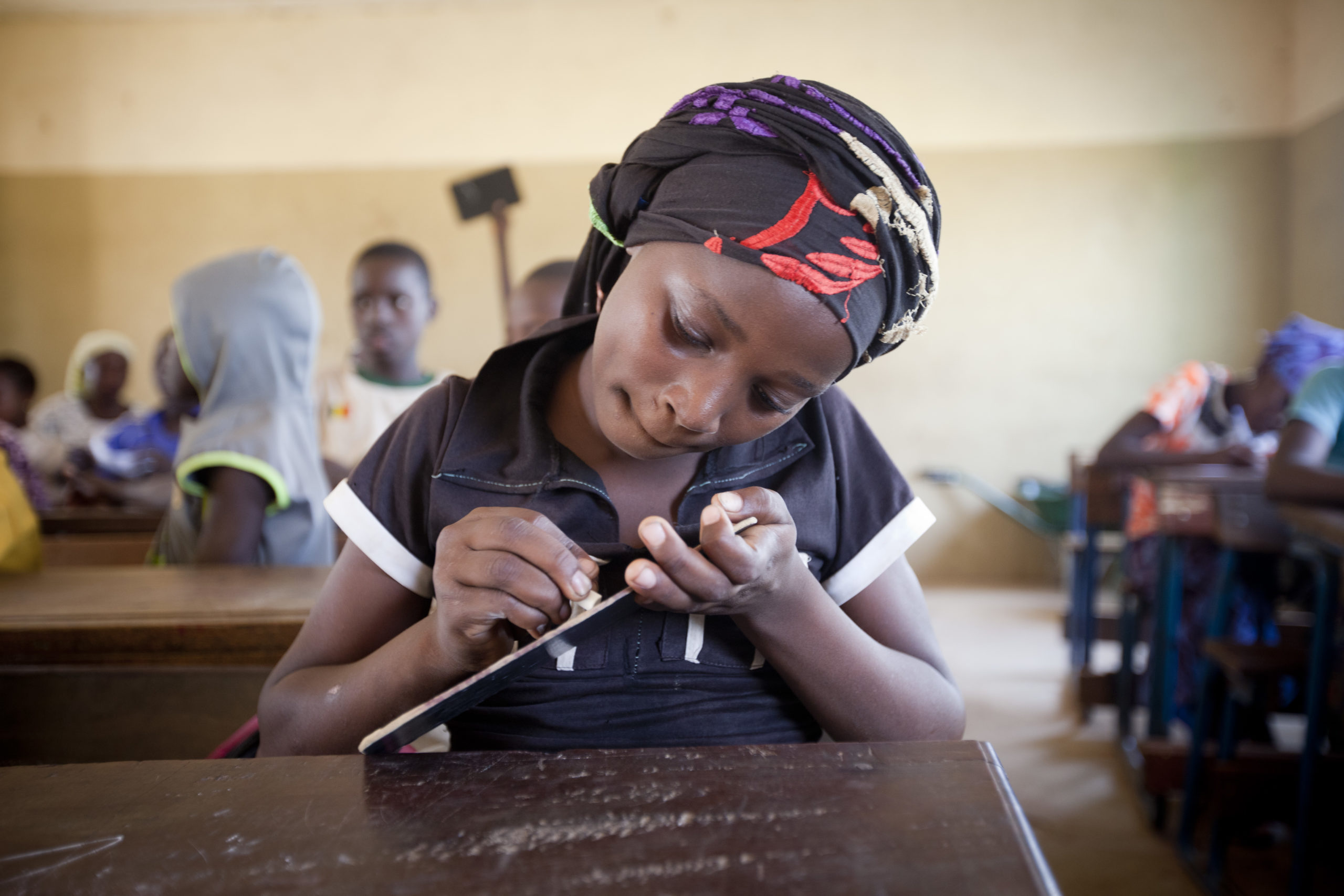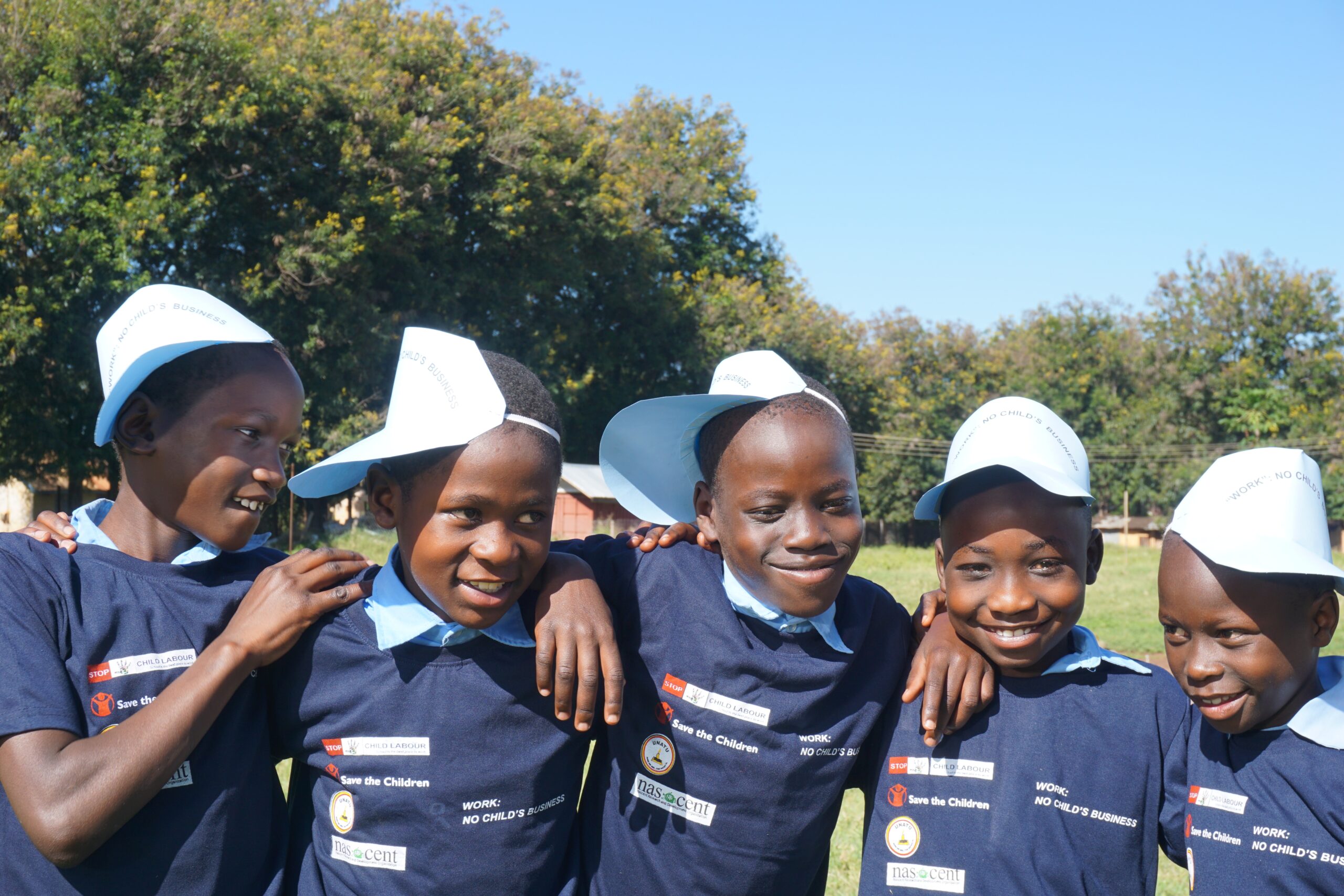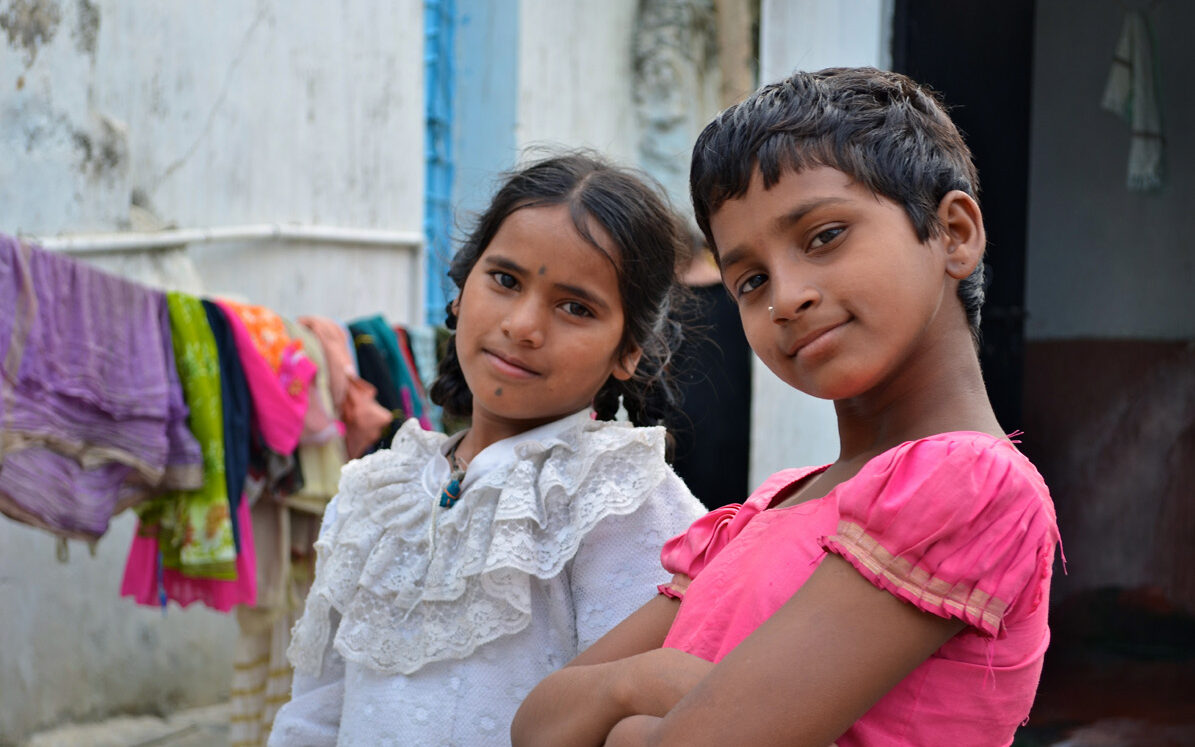Work: No Child’s Business set out on a clear mission to achieve that children and youth are free from child labour and enjoy their rights to quality education and (future) decent work. The Alliance joined forces with communities, schools, governments, civil society organizations, trade unions and private actors, bringing sustainable solutions for children and their families.
Definition of child labour in the WNCB programme: Any form of work performed by children under the age of 15 that interferes with their right to formal education, and/or that is mentally, physically, socially and morally dangerous and harmful to their health and development, as well as any form of hazardous work performed by children between 15 and 18 years old.
Throughout the programme, we have promoted and strengthened children’s rights based on the combined mandate of the United Nations Convention on the Rights of the Child (UNCRC) and on the ILO Conventions 138 and 182. Businesses should abide by the UN Guiding Principles on Business and Human Rights, OECD guidelines for Multinational Enterprises on Responsible Business Conduct and the EU Corporate Sustainability Due Diligence Directive.
Overall goal: Collaboratively addressing the root causes of child labour and ensuring relevant stakeholders (civil society, governments and businesses) take their responsibility to protect and fulfil children’s rights
Where we work
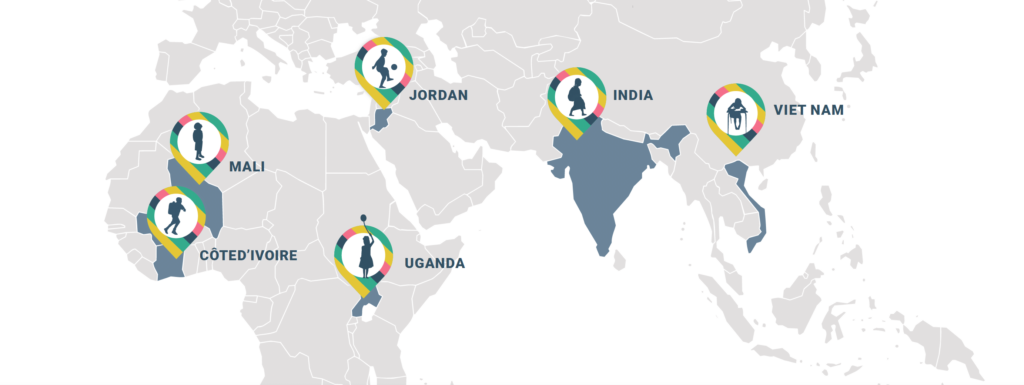
Track-records
Sectors
We have made great strides in eradicating child labour along five key supply chains. These five sectors have a high incidence of child labour and are important in the (economic) context of the six countries: gold/mining, garments, textiles and footwear, natural stone, cocoa and domestic and/or informal work. In addition, with the exception of domestic and/or informal work, these sectors have a link to the Dutch and EU market, and are urged to ensure responsible business/sustainable production.





No child should be working
160 million children between the ages of 5 and 17 are involved in child labour worldwide, accounting for nearly 10 percent of the world’s children. Due to the impact of the Covid-19 crisis, child labour has further increased by an estimated 8.9 million children. Half of all children in child labour are between the ages of 5 and 11. Moreover, almost half of these children, 79 million, are engaged in hazardous work.
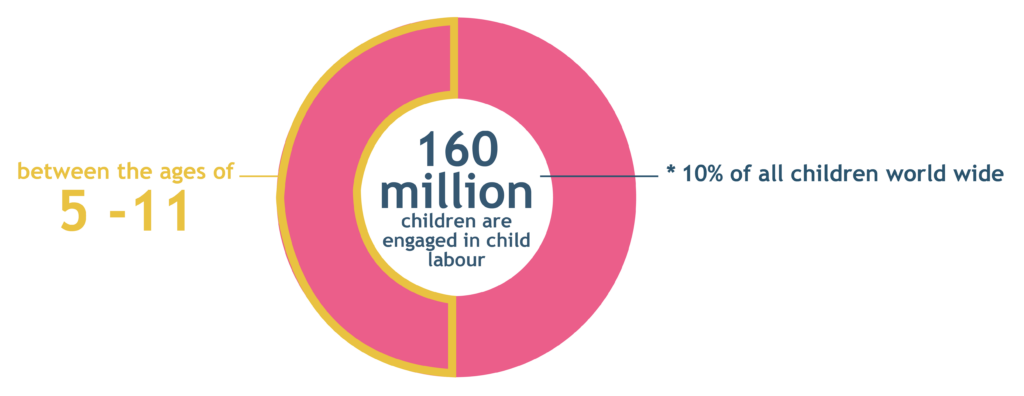
No child should be forced to work or be in child labour. All work done by children under the age of 15 and hazardous work done by children under the age of 18 is considered child labour. We believe that all children who are out of school are potential child labourers. It is important to ensure that all children up to the age of 15 attend formal quality education. Youth between 15 and 18 years old should be supported to pursue further formal education or vocational training leading to decent age-appropriate work.
We believe that poverty is not only a root cause but also a consequence of child labour. Children who work and do not go to school and/or are not prepared to enter decent employment, will end up in low paid jobs, and so will their children – which means the vicious cycle of poverty continues.
Every child has the right to quality education and (future) decent work
Providing access to education for all children is one of the most effective strategies for eradicating child labour. Ensuring quality formal education and preparing children for decent youth employment will lead to development and better opportunities for everyone: children, their families and the communities.
We have engaged all stakeholders to take responsibility and work together to tackle root causes of child labour and provide alternatives for children and their families. As explained in the country overview, we are focussing on the following root causes of child labour:
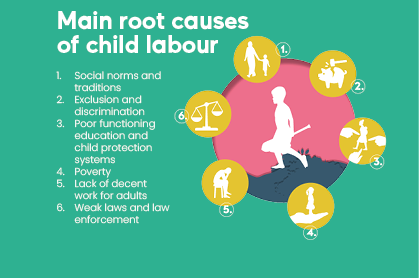
The integrated approach
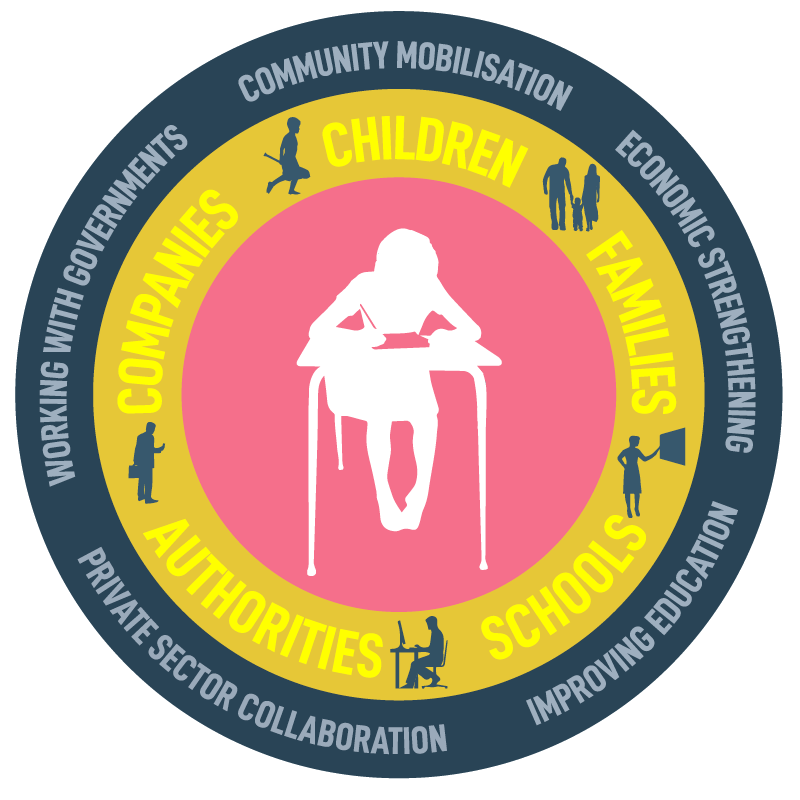
Through our integrated strategies we worked with all relevant stakeholders at the (inter)national level and in communities.
Combining a supply chain and an area-based approach, is needed to address the root causes of child labour while promoting viable alternatives that protect and fulfill all children’s rights. This integrated approach is how we can bring systemic and sustainable change to communities. It helps to prevent children from moving from one sector to another and/or working in hidden or worst forms of child labour, and ensures that children go to school. This gives them a better chance of finding decent work when they are old enough and breaking the cycle of poverty for future generations.
The Netherlands and EU
The WNCB programme made significant strides in promoting an integrated supply chain and area-based approach to tackling child labour, particularly with governments and the private sector. We noticed promising developments at both European and national levels, with the approval of the European Corporate Sustainability Due Diligence Directive (EU CSDDD) being an important and ground-breaking milestone. However, there is still much to be done. We must transpose EU CSDDD into national legislation supported by coherent policy measures. In that way, we can achieve a stronger focus on the area-based approach and ensure that the scope of companies involved is expanded in the future.
Call to action!
To be part of the solution, we call on each stakeholder to play their role within their area of impact and responsibility. All stakeholders are encouraged to:
- Collaborate and implement an integrated approach that combines a supply chain and an area-based approach to address the root causes of child labour and promote sustainable alternatives that protect and fulfil children’s rights.
- Ensure that responsible business practices to eliminate child labour and prevent adverse impacts on children’s rights include the higher tiers of global supply chains as well as lower tiers and informal work in producing and sourcing countries.
Learn about recommendations for governments, companies and international organisations.
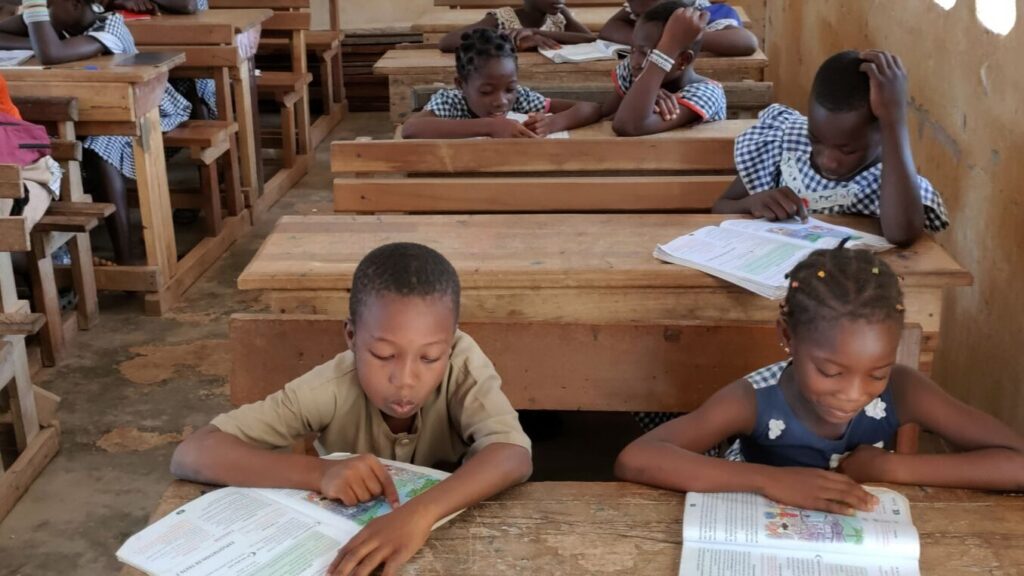
For more information:
The “Work: No Child’s Business” Alliance, composed of Save the Children Netherlands, UNICEF Netherlands, and the Stop Child Labour Coalition, operated in close collaboration with partner organisations and country offices in Côte d’Ivoire, India, Jordan, Mali, Uganda, and Viet Nam. The members of the Stop Child Labour coalition participating in WNCB are Hivos, Arisa, the General Union for Education (Algemene Onderwijsbond), Cordaid, Stichting Kinderpostzegels Nederland. Hivos led the alliance, serving as the contractholder/budgetholder and hosting the programme management unit. The programme was supported by the Dutch Ministry of Foreign Affairs from June 2019 until December 2024.


